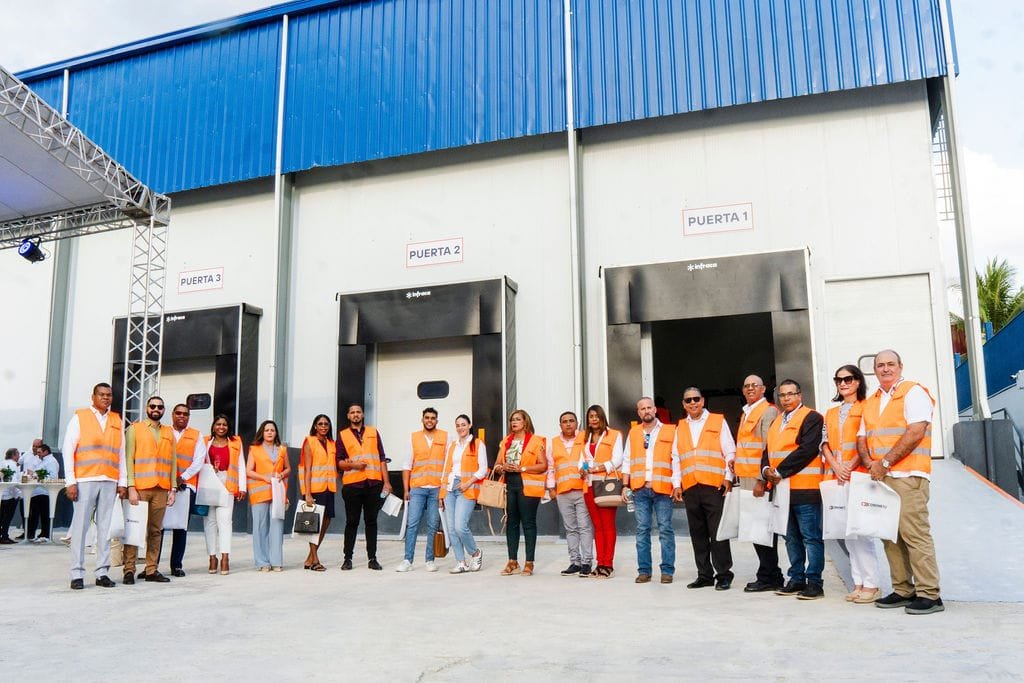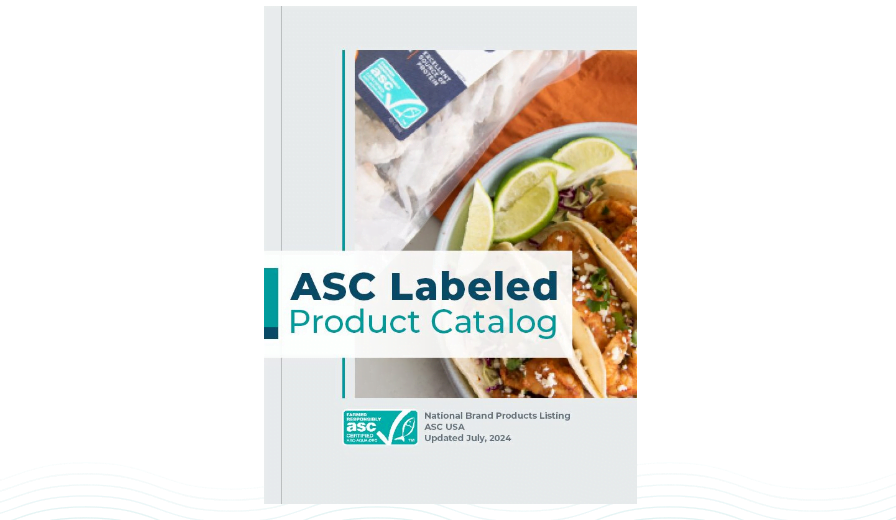What is a Fishery Improvement Project (FIP)?

What is a Fishery Improvement Project (FIP)?
According to the Marine Stewardship Council (MSC), Fishery Improvement Projects or FIPs are “multi-stakeholder initiatives that aim to help fisheries work towards sustainability”. They also affirm that for a FIP to be credible they must “be transparent, demonstrate measurable improvement and are operated in a credible manner”.
The key elements to achieve successful FIPs are:
- Completion of an MSC pre-assessment
- Development of an improvement action plan
- Regular reporting on progress
- A mechanism to independently verify progress
- A clear timeline with an end date, generally not exceeding 5 years
- Commitment to MSC certification
(Retrieved online from www.msc.org)
A fundamental part of NETUNO’s operation and philosophy is to remain conscious and respectful for the environment, that’ why we support 8 FIPs worldwide:
- Snapper in Brazil
- Grouper & Snapper in Indonesia
- Grouper in Mexico
- Octopus in Mexico
- Lobster in Mexico
- Lobster in Honduras
- Squid in China and Indian Ocean Tuna (Even though we don’t sell Tuna, our Wahoo, Mahi, and Cobia are a by-catch result of Indian Ocean Tuna fishing).
We are also a member of Importer Supplier Roundtables organized by NGO Sustainable Fisheries Partnership.
With all these actions, NETUNO is on track to fulfill our plan of having 95% of our products certified sustainable or in a FIP by 2025.
Fishery Improvement Projects, or FIPs for short, are when stakeholders of a fishery come together to provide funding, research, and data, in an effort to set standards for the improvement of a fishery’s sustainability. FIPs can vary in scope, but comprehensive FIPs address many areas, from a fishery’s stock to social responsibility.
Stakeholders can be local governments, fisherman, the companies that buy from them, like NETUNO, and NGOs. The goal of the FIP is to address many of the standards original set by certification bodies such as MSC/ASC, but in recent years FIPs have gone even further, adding social responsibility and eco-responsibility standards as well. In many cases a comprehensive FIP will cover more criteria that is required of MSC/ASC labels, but the hope is that these certifying bodies will catch up and help to address the concerns of the public surrounding fair and ethical treatment of employees, traceability, and transparency of the process.
According to FisheryProgress.org, in 2015 there were over 80 FIPs around the world, representing only 10% of the globe’s seafood production. Today, there are over 130 FIPs, but as seafood consumption and demand steadily increases, it becomes even more important that more fisheries participate in FIPs to set the standards for healthy stock, human and labor rights protections, and transparency in traceability practices.
NETUNO is part of 7 FIPs total, and we are working to increase this number. You can get details on each at FisheryProgress.org.






